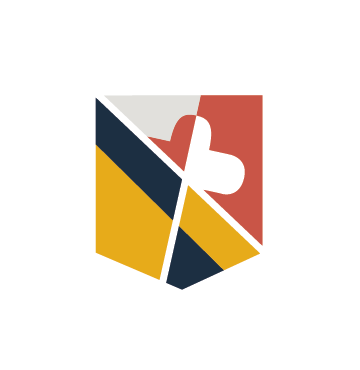High-impact practices (HIPs) are educationally effective teaching and learning practices that, when designed well and implemented with fidelity, have been shown to accrue educational benefits for students. HIPs share a set of underlying characteristics that help make them effective, including “considerable time and effort,” real-world application of learning, meaningful engagement across differences, and “frequent and substantive feedback” (NSSE, nd).
In fall 2017, the Kirwan Center assembled a leadership team representing four USM institutions to help inform the Kirwan Center’s efforts to scale, sustain, and assess High-Impact Practices (HIPs) system-wide. The team is focusing on building capacity within their institutions to track student participation in HIPs, adapt and use emerging quality frameworks associated with HIPs, and assess the individual and cumulative impact of HIPs on student retention/progression/completion and on student learning. In undertaking this work, the Kirwan Center hopes to catalyze a set of lead institutions in advancing their own HIPs efforts while also positioning them to serve as models for other institutions within the System and across the country in scaling, sustaining, and assessing high-quality HIPs.







